I wish I thought this Arlo & Janis (AMS) were the sign of a coming revolution, but I’m not that naive.
I’m also not sure whose fault it is, and perhaps the answer to that is that it’s been a group effort. Looking back, it seems that every major invention in communications — radio, TV, the Internet, movies, even moveable type — has been greeted with expectations that the world is about to be made smarter and better informed.
And the Internet is only the latest disappointment, Robert Wilensky’s summation fitting all those other media as well:
“We’ve all heard that a million monkeys banging on a million typewriters will eventually reproduce the entire works of Shakespeare. Now, thanks to the Internet, we know this is not true.”
Which, in turn, is part of Sturgeon’s Law: “90% of everything is crap.”
PBS ran an obituary story last month for Newton Minow, JFK’s FCC Chairman, whose disappointment in television spawned a phrase and who inspired public television, but whose viewpoint seems sadly up to date 62 years later:
So what else is new? The dream of turning everyone wise and thoughtful is as old, and as futile, as the dream of turning lead into gold.
Here are your wise, thoughtful philosopher kings, courtesy of Mr. Boffo, and the real joke is that, like the Scarecrow in the Wizard of Oz, their problem is not that they have no brains but that they have no diplomas. I’ve covered meetings and sat around boardroom tables with blowhards who are only distinguished from this crew by having nicer clothes and better haircuts.
It’s a two-way street, mind you. There are genuinely wise and thoughtful people whose voices are never heard because they don’t have nice suits, good haircuts and expensive sheepskins.
But Arlo touched off something that has been on my mind, because I’ve seen the struggle between giving people information they need to have and giving them the entertainment they want.
Arlo decries the horserace coverage of upcoming elections, and he’s right, but, even focusing on the immediate campaigns, it seems Donald Trump has once again captured the attention, and the free coverage, of major media. As Joe Heller suggests, the story now is not about how the each of these Republican candidates plan to attack Biden but how Donald Trump attacks each of them.
To be fair, Jeff Stahler pegs the situation right: The GOP is genuinely having trouble coming up with credible challengers. It’s not surprising that Biden has few rivals; the incumbent rarely does. Perhaps Trump is also seen as a sort of incumbent not to be challenged.
Still, if the only way these potential candidates are covered is by what Trump thinks of them and how the oddsmakers rate their chances, rather than what they propose to do as president, it’s just one more horserace being covered the way they keep saying they’re not going to cover these things anymore.
Meanwhile, Benjamin Slyngstad says, Joe Biden tripping over a sandbag on the stage at the Air Force Academy graduation is news because it fits the established “Old Joe Biden” storyline, not because his apparent opponent in 2024 is any quicker on his feet.
David Horsey points out the opposition to the debt ceiling deal by the Freedom Caucus, and conflict with the caucus is an interesting story in that Kevin McCarthy has a waffer-theen majority in the House and has to rely on this small extremist element.
It may come back to bite him, but they weren’t a real factor this time around, nor were the members of the equally small Progressive Caucus on the other side of the aisle. It was clear that the bill was going to pass, but the coverage seemed almost entirely comprised of interviews with those few who planned to vote against it.
It passed 314-117 in the House and 63-36 in the Senate. If it had been football, they’d have cut to cover a more competitive game, but you’d have never guessed from the pre-game show that it was going to be a blow-out.
And, in the end, it’s not a political cartoonist but New Yorker stalwart Paul Noth who offers the clearest view of what we’re currently facing.
I like his phrasing, because we’ve heard it from Republican leadership, but the jury setting makes it seem to be coming from the electorate, with the result being that Noth manages to cover both in a single panel.
Nicely done, though it’s not particularly encouraging for those of us who once laughed at Trump’s boast about being able to shoot someone on Fifth Avenue without losing any votes.
That’s beginning to seem like the one time he actually told the truth.
Marshall Ramsey points out that they’ve caught Trump on tape, knowingly stating that he had classified documents in his personal possession at Mar A Lago, and compares it to the discovery of the White House tapes that ultimately sank Richard Nixon.
I remain ambivalent about Gerald Ford’s pardon of Nixon. I agreed with him at the time that it would stir up division and bad feelings, and that Nixon’s calm resignation and withdrawal made it unnecessary.
The prosecution, however, would have set a precedent for handling this situation, in which Trump is unlikely to quietly go away even if he is tried and convicted.
But perhaps it would have simply brought us to this point that much sooner. There were plenty of people who felt Nixon was railroaded, who claimed “everyone does it” and who said he should have burned the tapes. They made a hero and talk show host of his most unrepentant co-conspirator, Gordon Liddy, even without the Internet to pump up their point of view.
In hindsight, however, that argues in favor of trying Nixon: Given our current technological ability to stir up dissent and division, it would be helpful to have both a road map of how to prosecute a disgraced president and also a precedent, so that his defenders could not claim outrage over something we’d never done before.
But a warning from Guy Venables that Harry and Meghan are threatening to stop being news. The British press is reporting the story, but hoping it’s an empty threat, because what on earth would they write about if it happened?
What would any of us write about?
And this, since Comics Kingdom apparently hit a roadblock when Vintage Popeye (Thimble Theater) went from 1939 to 1940:


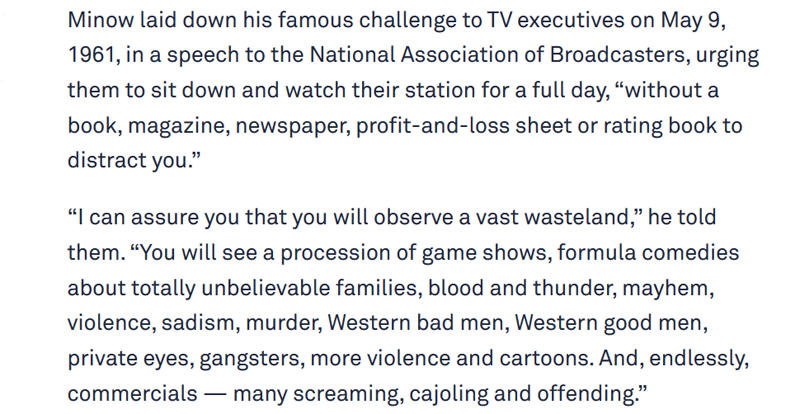

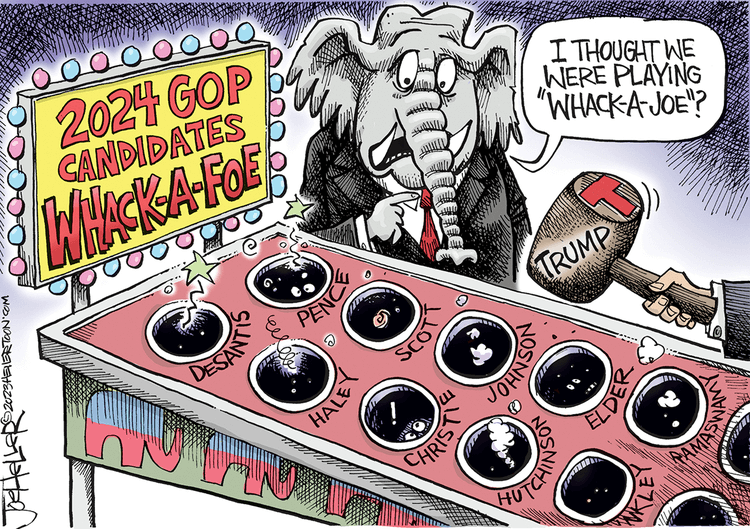
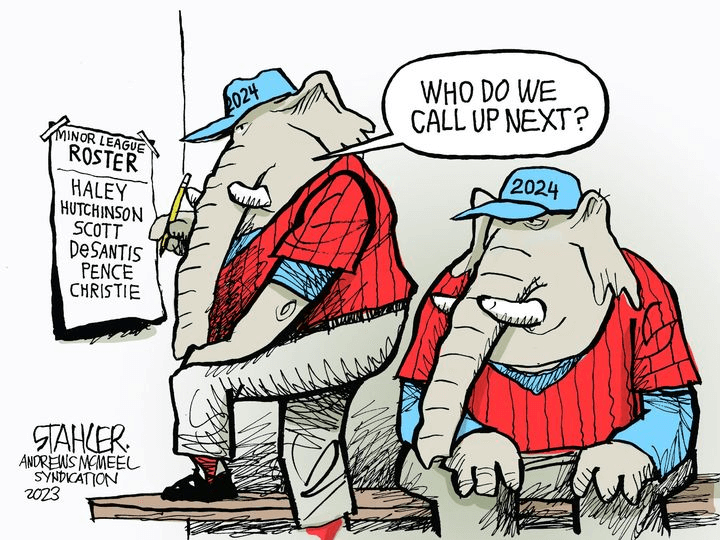

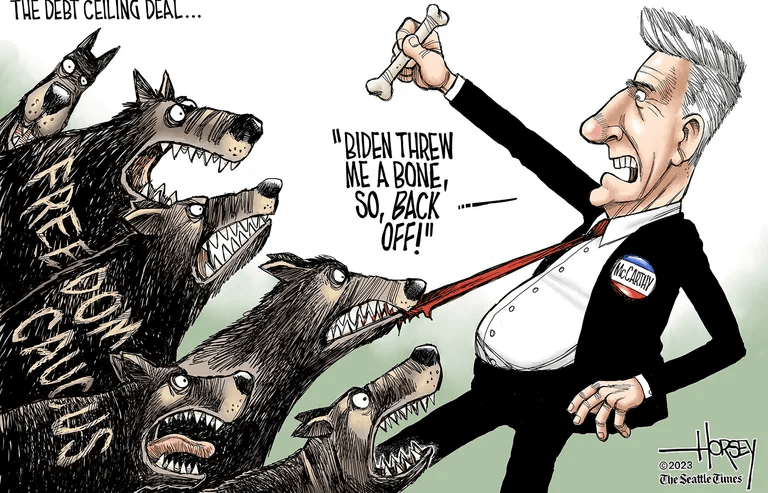
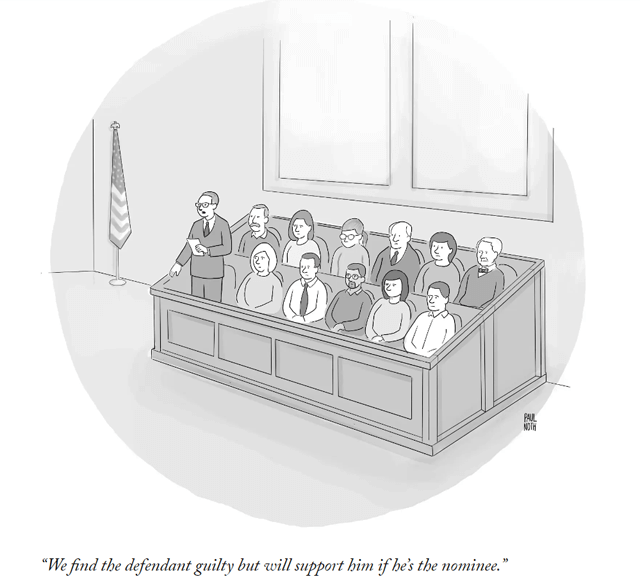
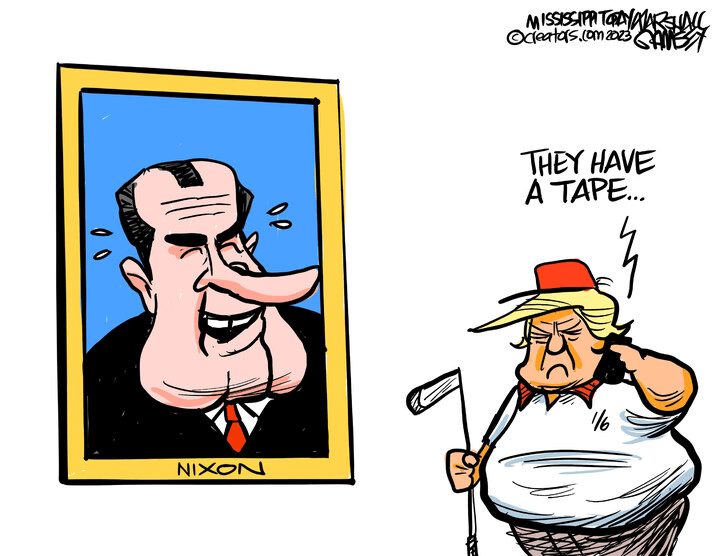


Not to be THAT guy from the grammar police, but of course, nobody catches anybody on tape, and they haven’t for over twenty years. After I hear or read about somebody having a tape of something, I envision the narrowest gage wire recorder sruffed inside a cell phone, but that would be a wire recording and not a tape recording, something that they stopped having in the ’50s when dictaphones died. People now are caught on a digital audio recording, but media has yet to figure out how to correctly parse the difference between the two recording methods when speaking or writing of secret recordings or even TV shows or records even though, in their hearts, they do know they’re not the same thing at all. I guess it’s just that nobody’s called them on it, yet.
Nobody hangs up a phone, either. Or rounds up their friends for a party, though I’d gladly watch if they did.
Very few people type anymore, but it is easier to say than “keyboard”.
‘Tape’ versus ‘digital audio recording’ is not a useful distinction unless factually relevant to the news item. The issue is then correctness versus clarity. ‘Tape’ is clearly distracting to some, but I think its greater ubiquity and single, monosyllabic word ultimately justify the use of that term. I might be wrong, but it’s not necessarily an unconsidered decision.
One of my friends does video production in his copious free time. He says “tape” is still the term for making a digital recording. Kind of like dialing a phone–it will stick around even when nobody knows what it means any more.
I heard some kind of urban legend that the ill-fated SS Minnow was so named as diss against Mr. Minow and his criticism of dumb TV shows. Don’t know if that’s true or not.
In the May 31, “Arlo and Janis,” J. Johnson claimed that the naming was an inside joke.
Hard to believe th strip wasn’t cited here too !
You’re right, but just saying “recorded” or “a recording” would not be that much harder and would be more accurate.
That said, “taped” doesn’t really bother me. Words evolve. No one actually cranks an automobile engine anymore, unless they have an antique, but people understand what it means.